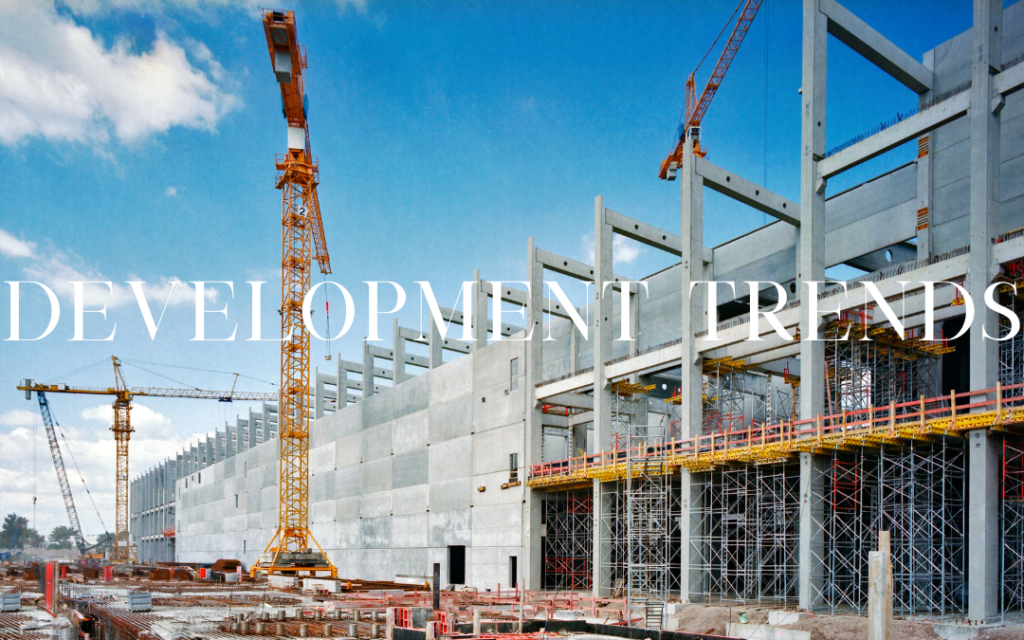
The California real estate development landscape continues to evolve, presenting both challenges and opportunities for developers, investors, and municipal authorities. Several key trends are reshaping the industry, each carrying significant legal and regulatory implications.
Adaptive Reuse: Repurposing Commercial Spaces
The conversion of underutilized commercial properties (office spaces in particular) into residential developments represents a nuanced legal challenge. Recent legislative efforts have attempted to streamline these complex transformation processes, recognizing the economic and housing benefits of such adaptive reuse strategies.
Key legal considerations include:
- Compliance with building code modifications
- Zoning variance requirements
- Historic preservation regulations
- Environmental remediation standards
- Financing and tax incentive structures
While state legislators have introduced bills to facilitate these conversions, developers must still navigate a complex regulatory landscape that can significantly impact project feasibility and cost-effectiveness.
Mixed-Use Developments: Reimagining Urban Spaces
Mixed-use developments have emerged as a transformative approach to urban planning, strategically integrating residential, commercial, and recreational spaces within single project footprints. From a legal standpoint, these developments require careful navigation of zoning regulations, land use ordinances, and complex municipal approvals.
The legal framework surrounding mixed-use projects demands a comprehensive understanding of:
- Zoning compliance requirements
- Density bonus regulations
- Affordable housing mandates
- Intricate inter-jurisdictional permitting processes
By consolidating multiple functional spaces, developers can create more sustainable and efficient urban environments while addressing critical housing and commercial space needs.
Sustainable Development: Focus on the Environment
California continues to lead the nation in environmental sustainability regulations, particularly within the real estate development sector. Developers must now integrate sophisticated eco-friendly practices that align with increasingly stringent state environmental standards.
Legal implications of sustainable development include:
- Compliance with California’s stringent emissions regulations
- Implementation of renewable energy requirements
- Adherence to green building certification standards
- Navigating evolving environmental impact assessment protocols
Technology Integration: AI and Virtual Design
The increasing adoption of artificial intelligence and immersive technologies like virtual and augmented reality is transforming project design and consumer engagement. From a legal perspective, these technological innovations introduce new considerations around intellectual property, data privacy, and design liability.
Developers and legal professionals must now consider:
- Intellectual property protections for design technologies
- Data privacy regulations in virtual property experiences
- Potential liability issues arising from virtual representations
- Contractual frameworks accommodating technological design processes
Conclusion
As California’s real estate development landscape continues to evolve, law firms like ours play a crucial role in guiding developers through complex regulatory environments. Successful navigation of these trends requires a sophisticated understanding of intersecting legal, technological, and environmental considerations.
Contact us today to discuss your next development project.
Updated March 26, 2025.

Recent Comments